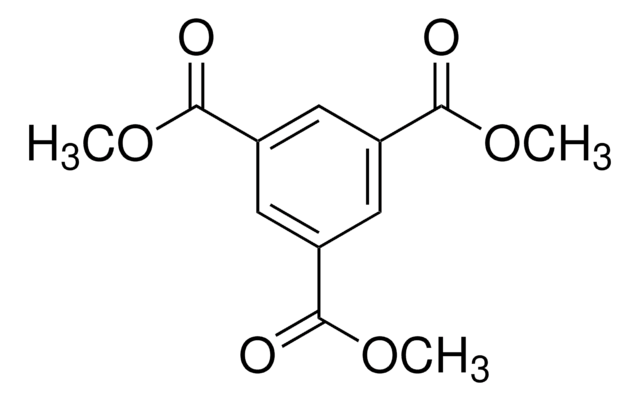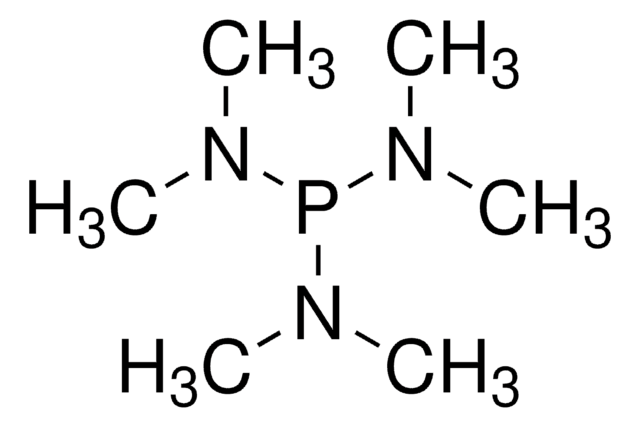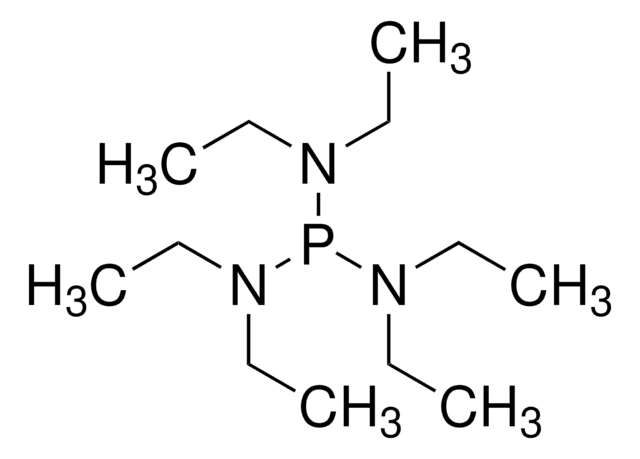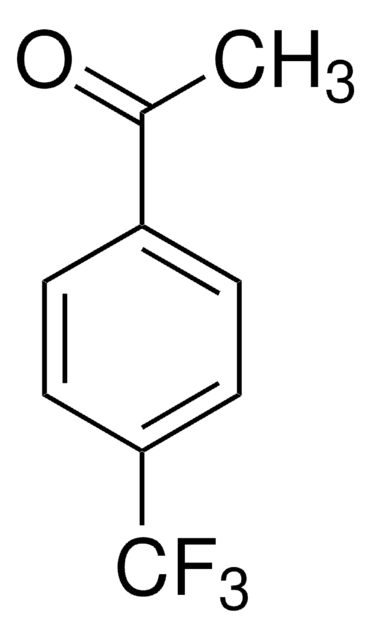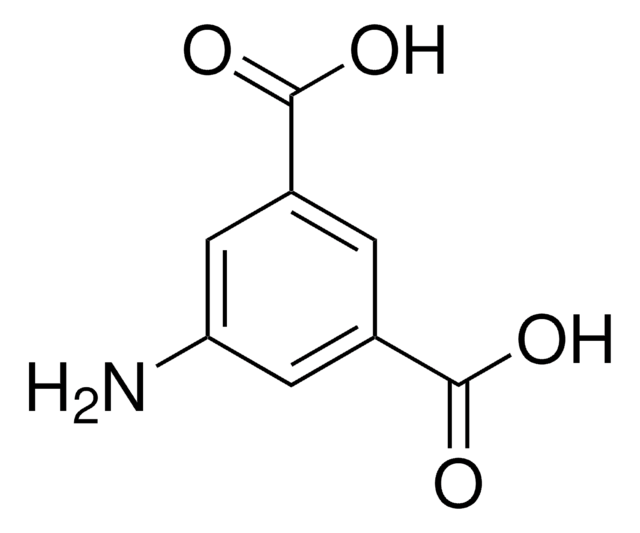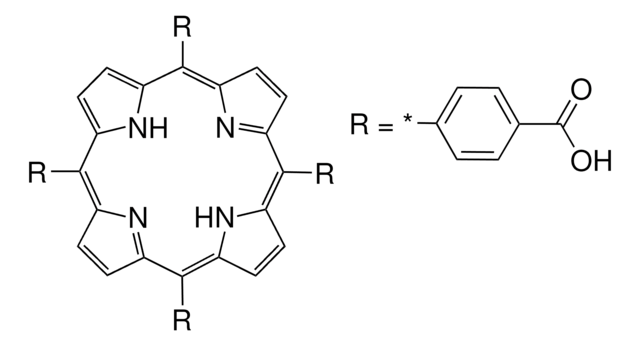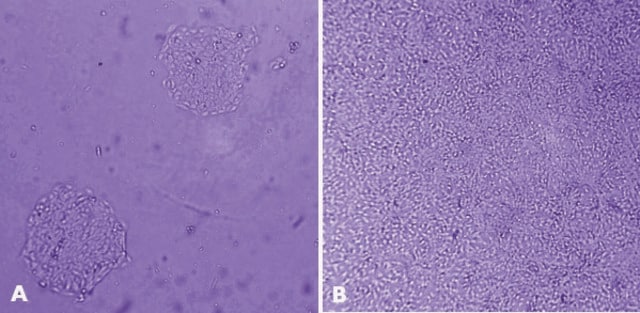All Photos(1)
About This Item
Linear Formula:
HOCH2C6H3-1,3-(CO2C2H5)2
CAS Number:
Molecular Weight:
252.26
MDL number:
UNSPSC Code:
12352100
PubChem Substance ID:
NACRES:
NA.22
Recommended Products
Assay
98%
form
solid
mp
82-85 °C (lit.)
SMILES string
CCOC(=O)c1cc(CO)cc(c1)C(=O)OCC
InChI
1S/C13H16O5/c1-3-17-12(15)10-5-9(8-14)6-11(7-10)13(16)18-4-2/h5-7,14H,3-4,8H2,1-2H3
InChI key
AMRPMZYDTZVKTP-UHFFFAOYSA-N
Related Categories
Signal Word
Warning
Hazard Statements
Precautionary Statements
Hazard Classifications
Eye Irrit. 2 - Skin Irrit. 2 - STOT SE 3
Target Organs
Respiratory system
Storage Class Code
11 - Combustible Solids
WGK
WGK 3
Flash Point(F)
Not applicable
Flash Point(C)
Not applicable
Personal Protective Equipment
dust mask type N95 (US), Eyeshields, Gloves
Certificates of Analysis (COA)
Search for Certificates of Analysis (COA) by entering the products Lot/Batch Number. Lot and Batch Numbers can be found on a product’s label following the words ‘Lot’ or ‘Batch’.
Already Own This Product?
Find documentation for the products that you have recently purchased in the Document Library.
Stefan Raddatz et al.
Nucleic acids research, 30(21), 4793-4802 (2002-11-01)
We report the synthesis of new phosphoramidite building blocks and their use for the modification of oligonucleotides with hydrazides. The reaction of these hydrazide oligonucleotides with active esters and aldehydes is demonstrated for solution conjugation and immobilization. Compared with the
Surface adsorption of polar end-functionalised polystyrenes.
Narrainen AP, et al.
Soft Matter, 2(11), 981-985 (2006)
Hydrophobic derivatives of 5-(hydroxymethyl) isophthalic acid that selectively induce apoptosis in leukemia cells but not in fibroblasts.
Galkin A, et al.
Drug Development Research, 69(4), 185-195 (2008)
Gustav Boije af Gennäs et al.
Journal of medicinal chemistry, 52(13), 3969-3981 (2009-05-15)
Protein kinase C (PKC) is a widely studied molecular target for the treatment of cancer and other diseases. We have approached the issue of modifying PKC function by targeting the C1 domain in the regulatory region of the enzyme. Using
Our team of scientists has experience in all areas of research including Life Science, Material Science, Chemical Synthesis, Chromatography, Analytical and many others.
Contact Technical Service